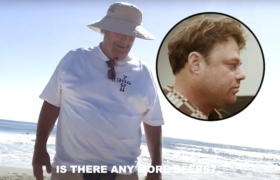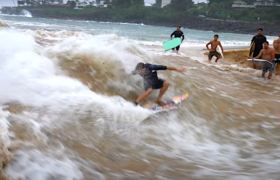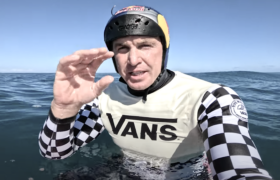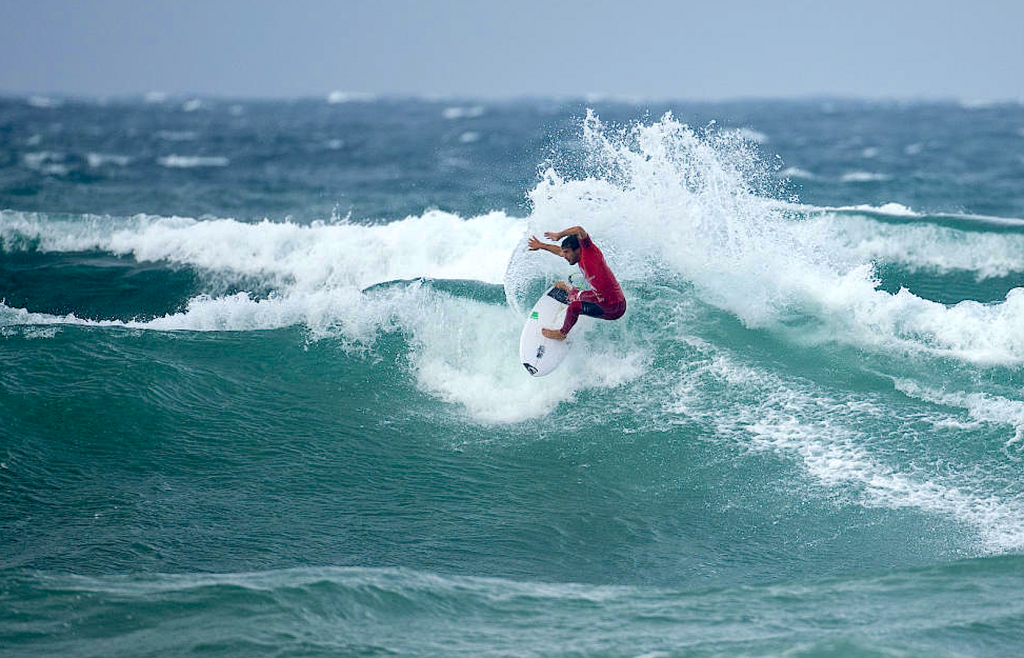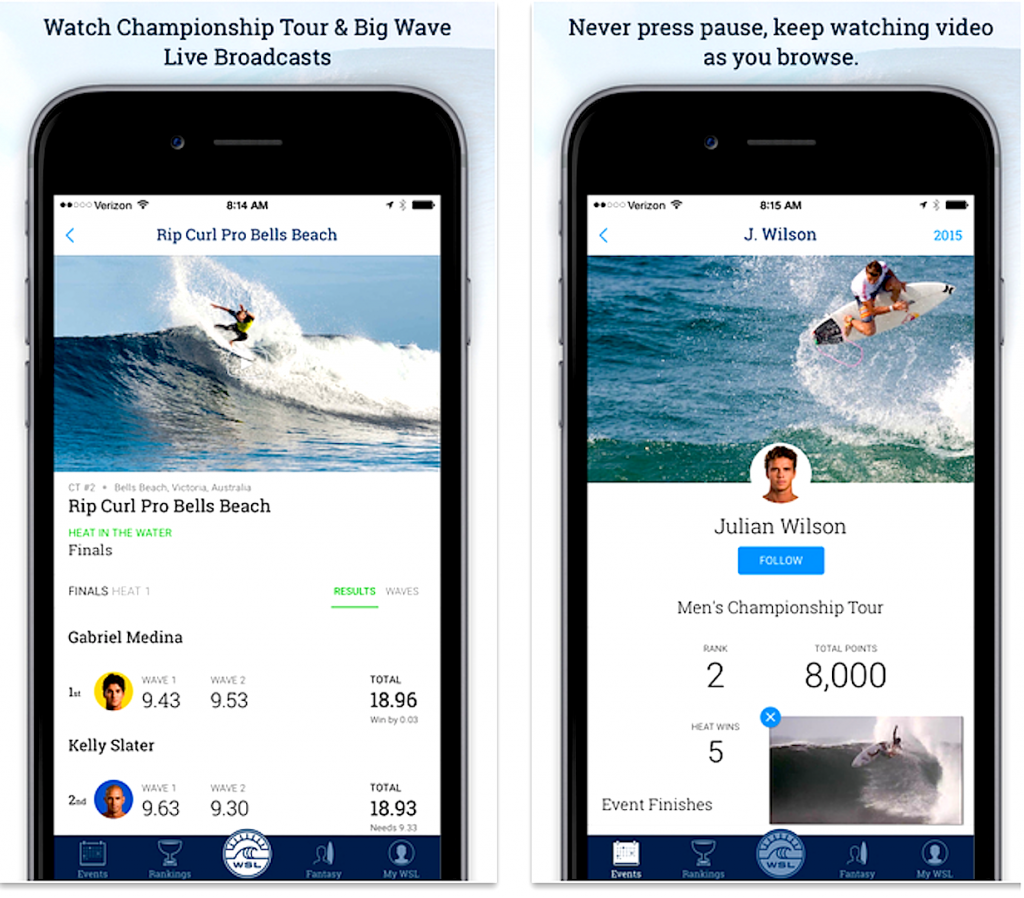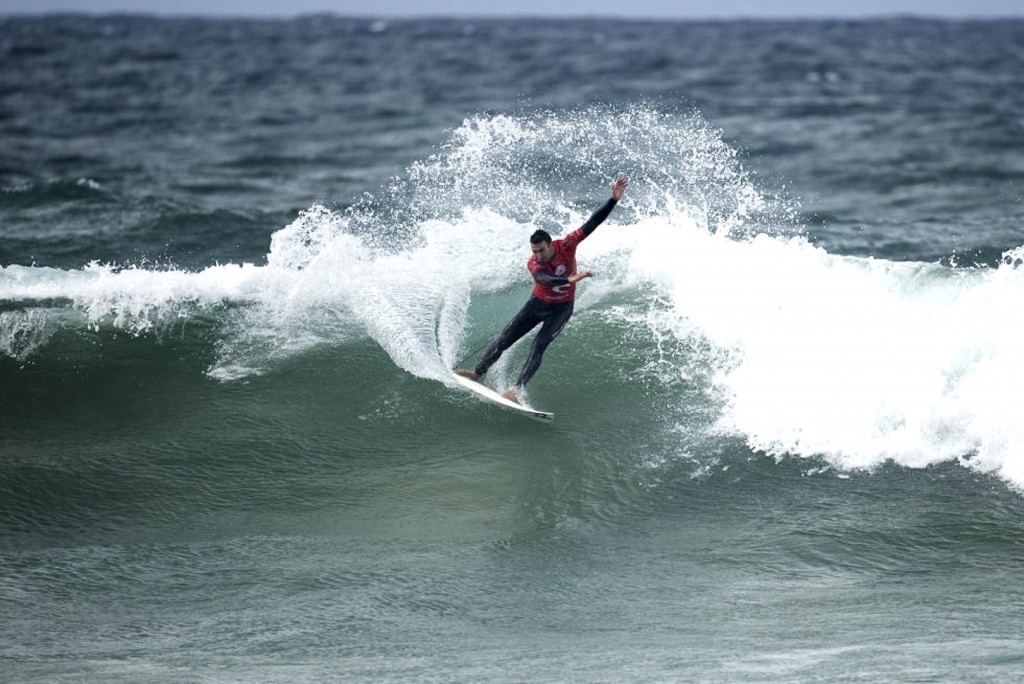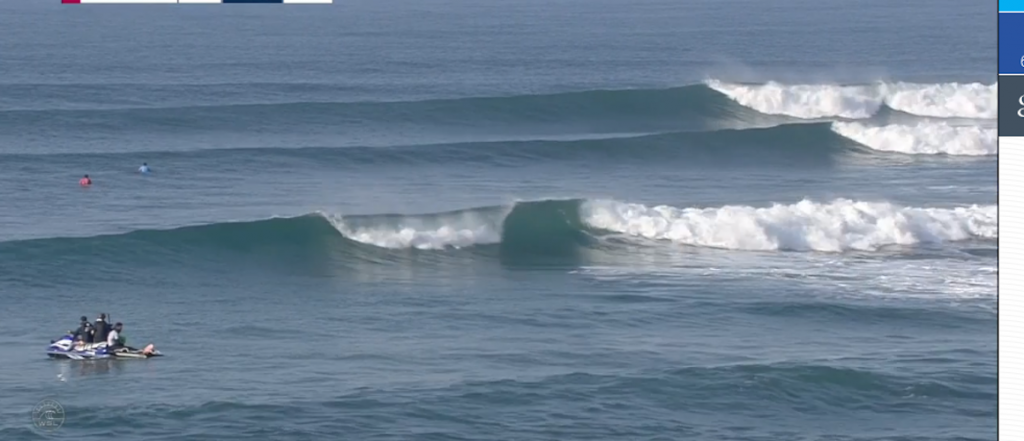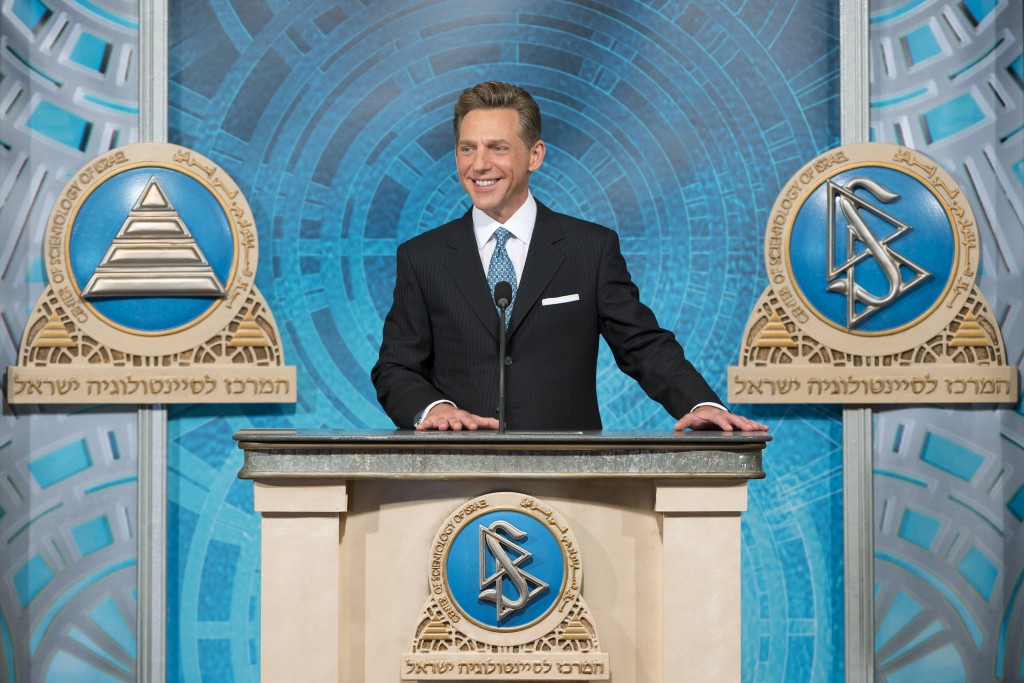You're looking at it!
How well do you remember 2010? If you’re like me the answer is, due to a probably too heavy indulgence in various illicit substances, “vaguely.”
You may, however, have a dim recollection of something called the “Rebel Tour.”
For a minute it was all anyone was talking about. Slater, the biggest swinging dick around, was on board and singing its praises to anyone who would listen. Lurking in the long grass were Terry Hardy, Slater’s manager, and Mat Tinley, a former boxing promoter and nephew of cable television billionaire, Bill Daniels.
The ASP was blowing it, they said, splitting the broadcast rights among event sponsors was killing its chances at scoring lucrative non endemic sponsors. The tour needed an umbrella owner and a slimmed down schedule. Sixteen surfers over eight events. Only the best riders, only the best waves.
The prize money would increase, exposure would explode. ESPN was going to partner with them and display surfing to the world. Or so the rumors went. For all the interest and attention there was never anything concrete laid out.
Back room discussions were had while public statements were largely sound and fury, signifying nothing. Except for the idea that the Rebel Tour, itself, would own broadcast rights. That was repeatedly made very clear.
It was a perfect time to shake things up. The ASP was hemorrhaging money and the introduction, quickly rescinded, of the mid-tour cutoff had the surfers approaching revolt. Event streams were a hit-or-miss proposition, with feeds constantly failing as sponsors struggled to figure out how to broadcast from remote locations. There was a feeling that pro surfing was on the verge of something big, finally gaining the mainstream stage that the money-makers had been chasing for decades, but that it was being held back by the widespread incompetence of the endemic old guard.
So what happened to the Rebel Tour? The short answer is: you’re looking at it.
Tinley was replaced in his role as media mogul by Paul Speaker and Dirk Ziff was tapped to play the billionaire financier. But Hardy got his wish, and now surfing has a sole proprietor. One which can, at least theoretically, use its position as sole owner of surfing’s competitive imagery to reap a colossal financial windfall.
Of course, there’s always a difference between talking and doing.
Those big TV deals have, as yet, eluded the new bosses, excepting the new arrangement with Globosat, a Brazilian broadcaster. Which could pay off. If any country is possessed of enough patriotic fervor to tune in en masse to its country’s finest being reduced to three-to-the-beaching-it in onshore wind slop it’s those brown-skinned South American dance machines.
As for the rest of it?
If you’re of a cynical bent, like this journalist (and I can finally call myself that since The Australian recently called me one in print, despite my never having actually taken a journalism class) you might say the rhetoric about restructuring the tour was nothing but a bunch of empty politician’s promises, meant only to weaken the resolve of a struggling industry so they could swoop in and take over.
